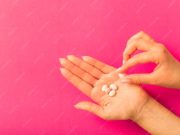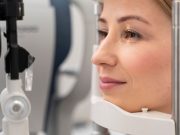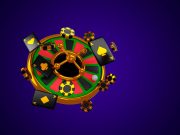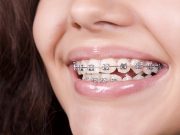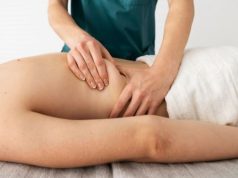How does testosterone affect men’s health?
Answer: To begin with, testosterone is the main hormone in men. It is even called the king of hormones or the hormone of kings. It is he who from birth is responsible for the formation of male sexual characteristics and the male body, for hair growth, and in general makes a man a man — strong, masculine, stress-resistant. To be able to make the right decisions in an aggressive environment, to acquire certain material resources, to attract partners of the opposite sex and to ensure maximum transmission of his genes. Testosterone directly controls our emotions, mood, it is responsible for our memory, mental abilities, ambition, behavior, leadership qualities, the amount of muscle mass. It is responsible for male genital activity, libido, erectile function and reproduction.
How does testosterone deficiency manifest itself?
Answer: We are used to thinking that only women with age decrease in sex hormones, in other words — menopause. But according to many studies, one in three men experience testosterone deficiency. There is even such a thing as age-related androgen deficiency in men of advanced age. But a testosterone deficiency, or as they say hypogonadism, may occur at a young age.
Testosterone deficiency in men may manifest as chronic fatigue, loss of vital interests and ambitions, decreased motivation, poor physical activity, sleep disorders, memory impairment, reduced sex drive.
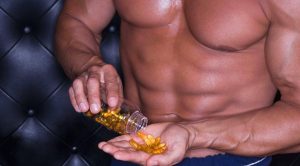
What diseases and consequences can result from testosterone deficiency?
Answer: This erectile dysfunction, infertility, because testosterone is directly involved in the formation of sperm cells, urinary disorders. Diabetes mellitus, obesity, hypertension, osteoporosis (bone fragility), sarcopenia (decrease in muscle mass and the corresponding inability to fully serve themselves), cardiovascular disease and many other diseases may be a cause of testosterone deficiency and its consequences.
How to diagnose testosterone deficiency in men?
Answer: If you note the above symptoms or you already have diseases such as erectile dysfunction, infertility, obesity, diabetes, then you should always be examined by a urologist andrologist, or at least independently take a blood test for total testosterone. If the result of the analysis of the level of total testosterone in the blood will be below 12.1 nmol/l, then you should consult a urologist for medication correction of testosterone deficiency.
How do I get a proper blood test for total testosterone?
Answer: The basic advice on the proper blood test for total testosterone — it is necessary to take the test on an empty stomach, as early as possible, preferably from 7 to 9 am, when the blood reaches its peak testosterone concentration. In 1-2 days it is better not to have ejaculation, sleepless night, taking alcohol and heavy physical activity.




